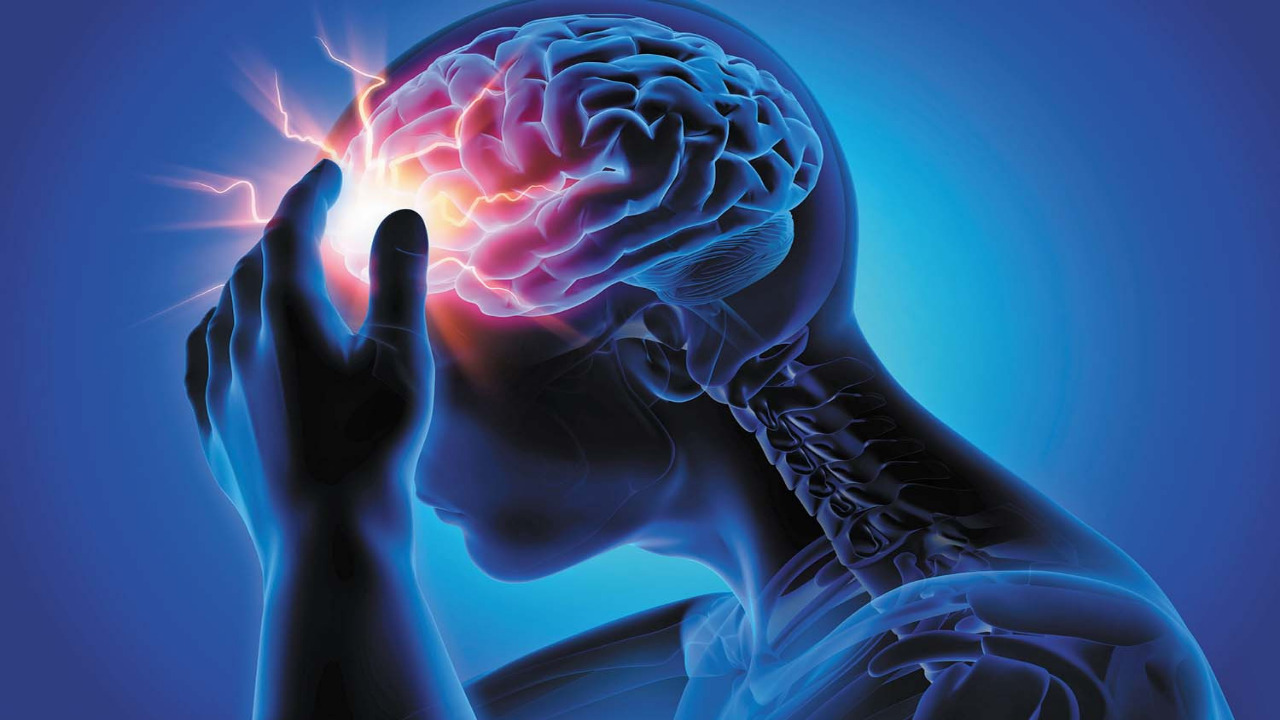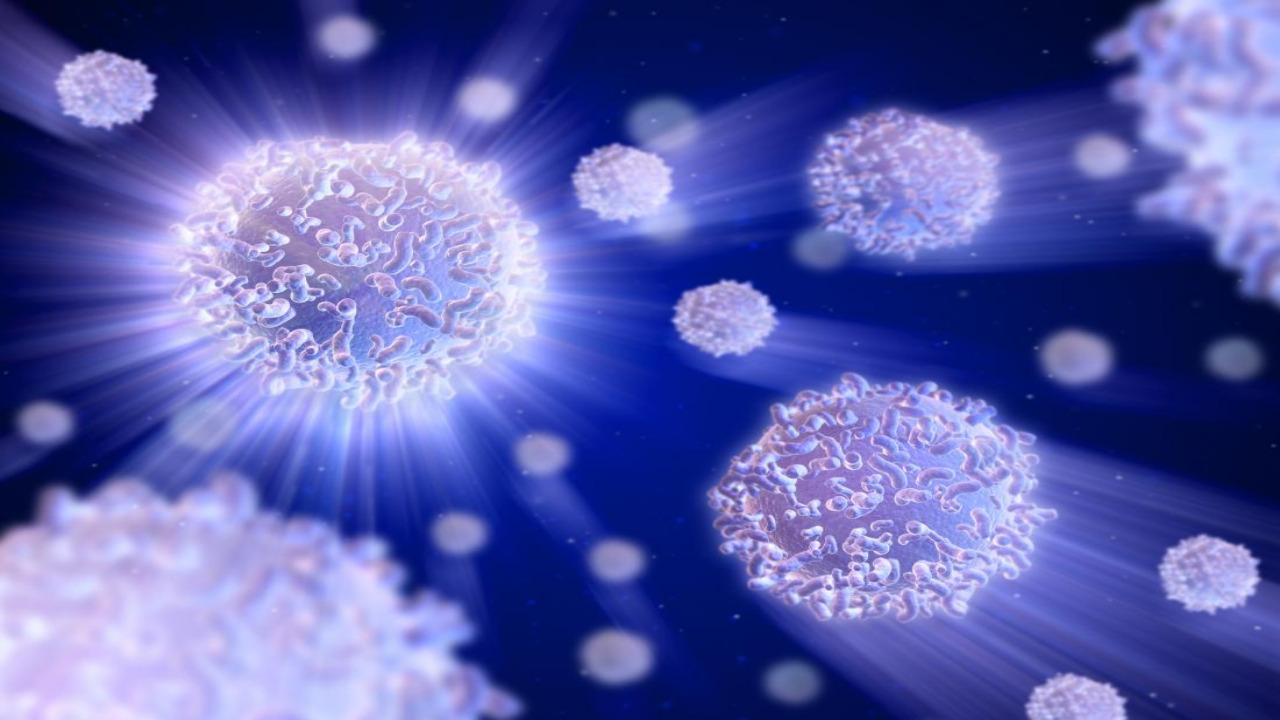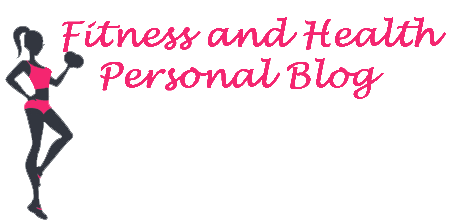What Are the Potential Side Effects of NMN Supplements?
NMN (nicotinamide mononucleotide) is a compound that has been gaining popularity as a potential anti-aging supplement. It is a precursor to NAD+ (nicotinamide adenine dinucleotide), a coenzyme that plays a crucial role in cellular energy metabolism and DNA repair. While NMN has been shown to have several health benefits, including improving cardiovascular function and promoting longevity, there are also potential side effects associated with its use. In this article, we will explore some of the potential side effects of NMN supplements.
Gastrointestinal distress

One of the most common side effects of NMN supplementation is gastrointestinal distress, including nausea, vomiting, and diarrhea. This is because NMN is rapidly broken down in the gut, leading to the release of nicotinamide, which can irritate the gastrointestinal tract. To reduce the risk of gastrointestinal side effects, it is recommended to take NMN supplements with food or to switch to a different form of NAD+ precursor, such as NR (nicotinamide riboside). However, if you don’t have any side effects, visiting https://longevitybox.co.uk/products/ultra-pure-nmn-supplement is worth it.
Headaches

Some users of NMN supplements have reported experiencing headaches, particularly in the early stages of supplementation. This may be due to the vasodilatory effects of NMN, which can cause blood vessels in the brain to dilate and increase blood flow. If you experience headaches while taking NMN supplements, it is recommended to reduce the dosage or stop taking the supplement altogether.
Insomnia

NMN is involved in the regulation of the circadian rhythm, the internal clock that governs our sleep-wake cycle. Some users of NMN supplements have reported experiencing insomnia or difficulty falling asleep. This may be due to the effects of NMN on the production of melatonin, a hormone that plays a crucial role in regulating sleep. If you experience insomnia while taking NMN supplements, it is recommended to take the supplement earlier in the day or to switch to a different NAD+ precursor.
Interference with medications

NMN may interfere with certain medications, particularly those that are metabolized by the liver. This is because NMN can activate certain enzymes in the liver that are involved in drug metabolism, potentially leading to altered drug concentrations in the blood. If you are taking any medications, it is recommended to speak with your healthcare provider before starting NMN supplementation.
Immune system activation

NMN has been shown to activate the immune system, particularly through the activation of a class of immune cells called natural killer cells. While this can be beneficial in some cases, it may also lead to overactivation of the immune system, potentially leading to autoimmune disorders or inflammatory reactions. If you have a history of autoimmune disorders, it is recommended to speak with your healthcare provider before starting NMN supplementation.
Allergic reactions

While rare, some users of NMN supplements have reported experiencing allergic reactions, including hives, rash, and difficulty breathing. If you experience any allergic reactions while taking NMN supplements, it is recommended to stop taking the supplement and seek medical attention immediately.
In conclusion, NMN supplements have the potential to provide several health benefits, but they also carry the risk of side effects. These side effects may include gastrointestinal distress, headaches, insomnia, interference with medications, immune system activation, and allergic reactions. If you are considering NMN supplementation, it is recommended to speak with your healthcare provider first, particularly if you have any underlying medical conditions or are taking any medications. It is also important to start with a low dosage and gradually increase it over time and to monitor your body’s response to the supplement closely.



